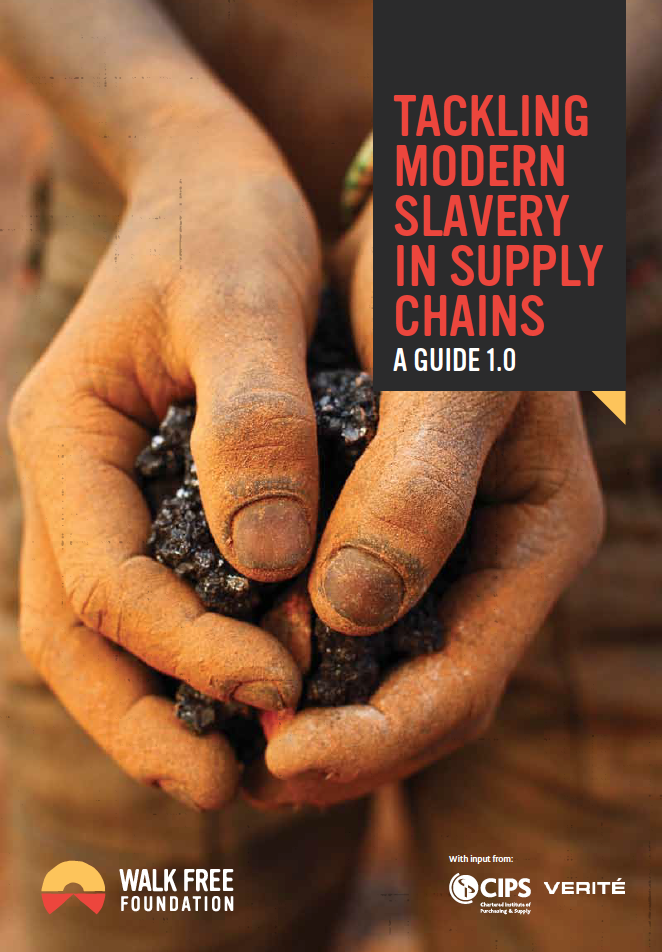Children’s Rights in the Garment and Footwear Supply Chain
GuidanceThis guidance tool is designed to support companies in the garment and footwear sector to integrate child rights into their responsible sourcing programmes. It explores practical steps companies can take – individually and collectively – to ensu...Read More

